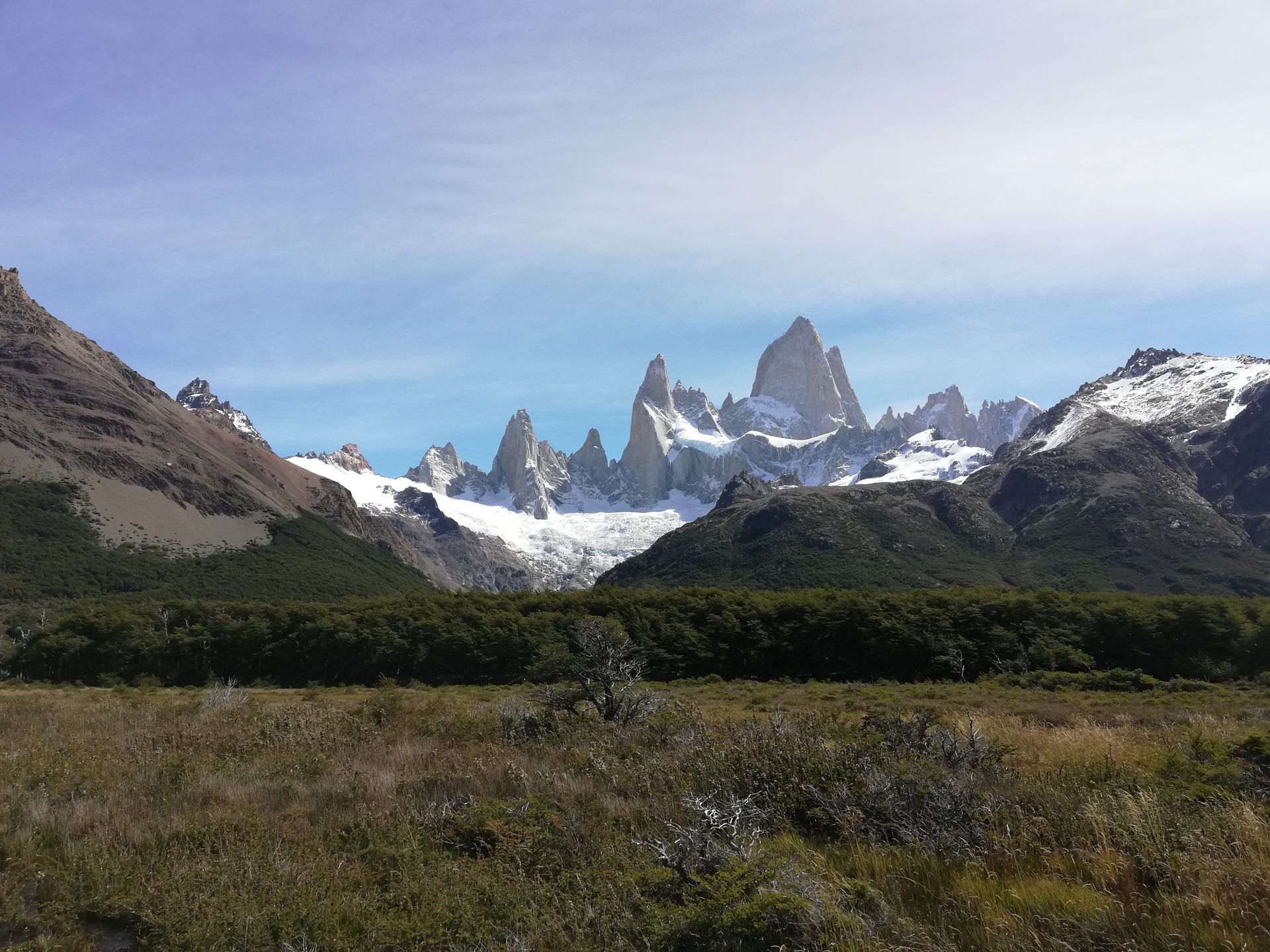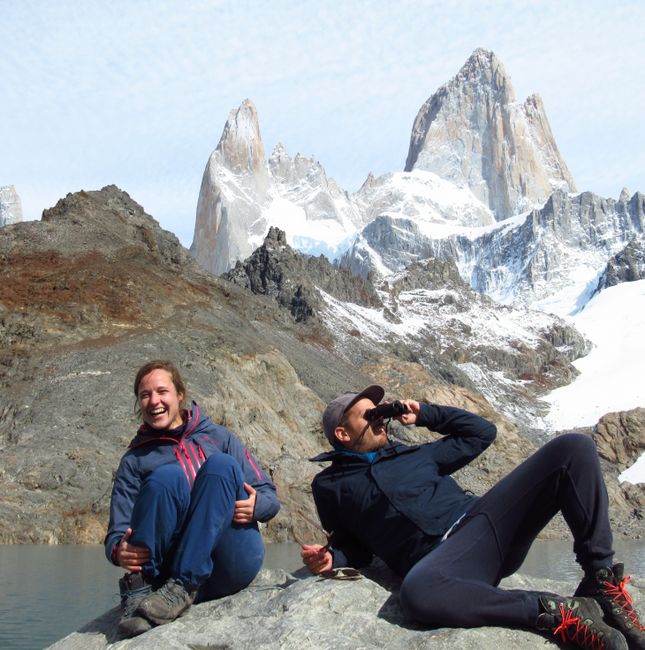
Reiseblog von Fabienne & Simon
vakantio.de/fabienneundsimonontour
S: Chile, the mirror image of the USA
Pubblicato: 24.01.2020

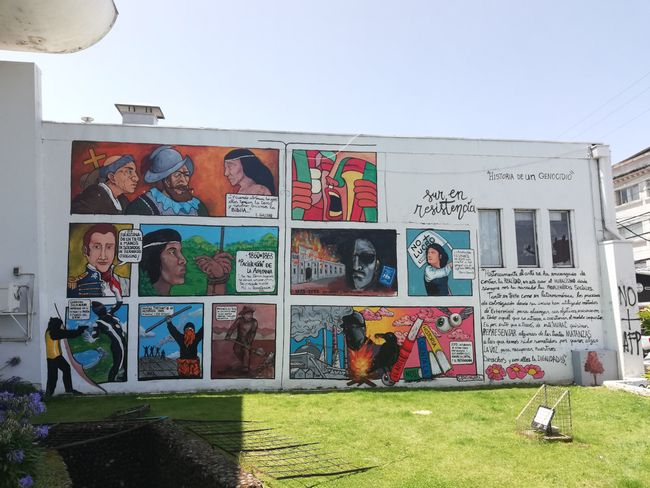
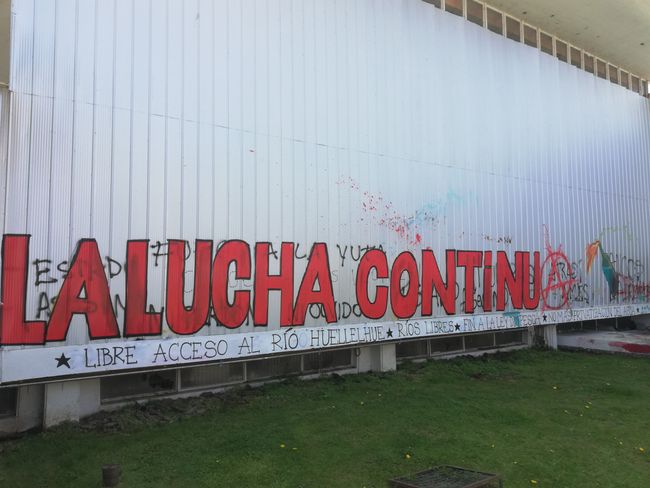
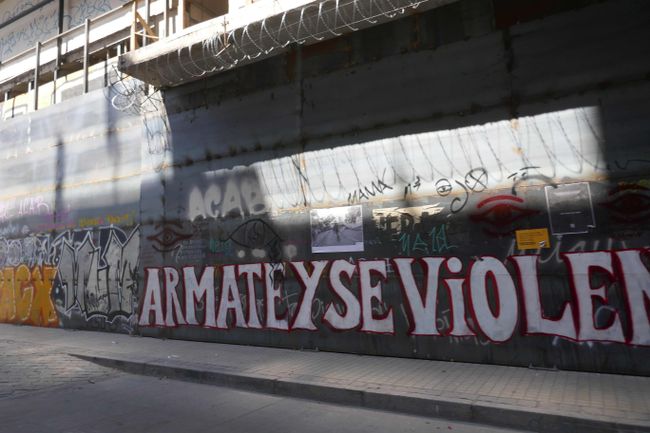
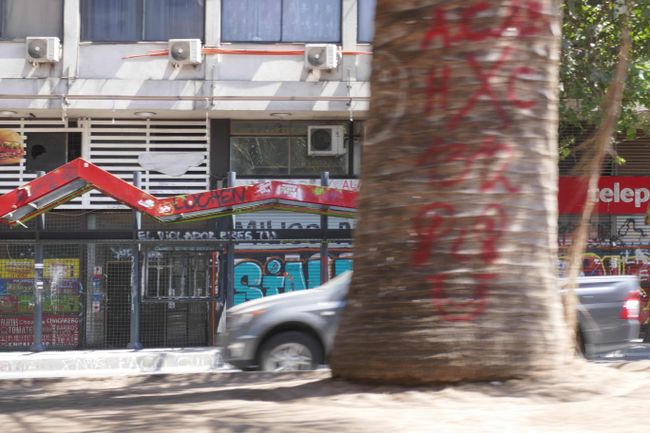
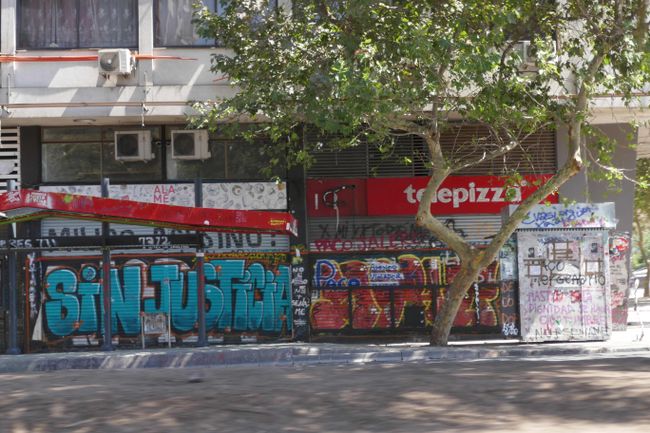
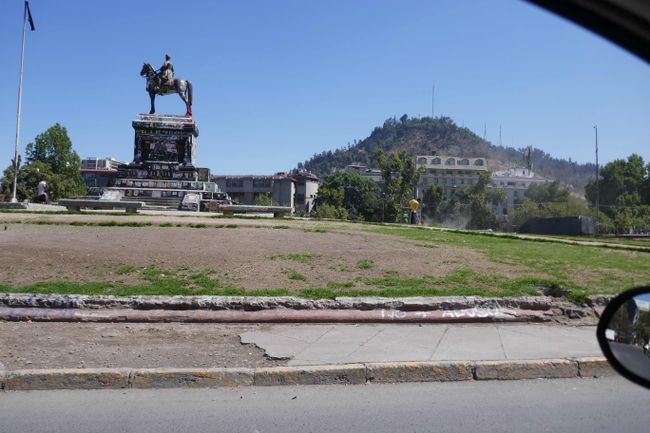
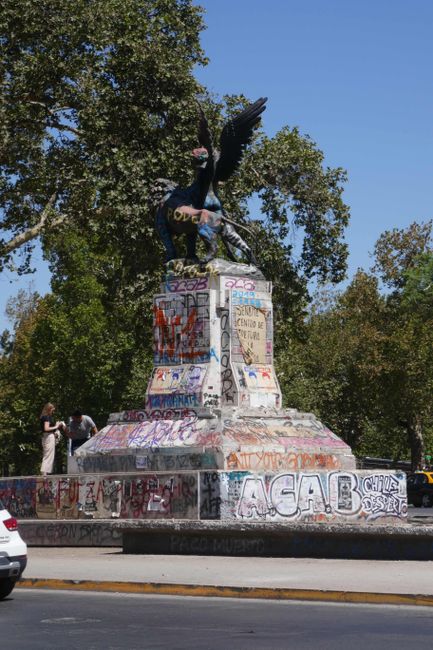
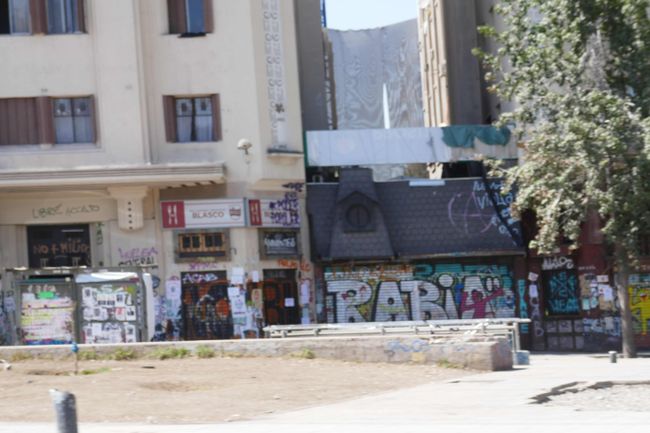
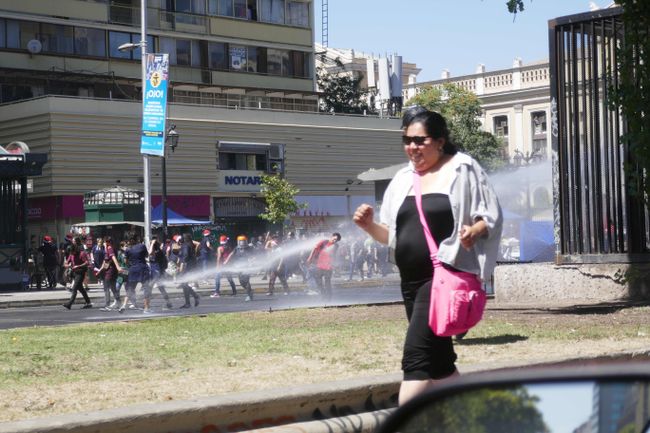
Iscriviti alla Newsletter
When the left-wing government of Chile - supported among others by the USA - was overthrown by the Chilean military in 1973, General Augusto Pinochet came to power and ruled the country with an iron fist until 1990.
With Pinochet and the so-called Chicago Boys (Chilean economists trained in the USA and advocates of free market economics), a wave of privatization and deregulation swept over the previously socialist country. Pure capitalism led to a real economic turnaround. Chile was long seen as the shining example of South America. However, the image has just changed, as the many demonstrations in the country have shown. The increase in metro ticket prices in Santiago by a few cents has literally caused the barrel to overflow. On certain demonstration days, over a million people demonstrated in Santiago at Plaza Italia. Demonstrations took place throughout the country and in all cities. And the protests continue - at least in Santiago. The traces are clearly visible. Throughout the country.
At first glance, Chile's economic figures of the past decades may be impressive, but appearances can be deceiving. According to different sources, the average wage in Chile ranges from CHF 600 to CHF 1,000, with the median wage being significantly lower, i.e. most people earn less than the average wage.
Living in Chile is expensive. The price level is comparable to that of Germany. In addition, there is the fateful fate of (almost completely) free markets in Chile: the public schools are bad, those who can afford it go to a private school. There is no compulsory health insurance, although employees are insured by their employers during working hours. The state has withdrawn to such an unhealthy extent that the prospects are becoming increasingly bleak for the socially weakest.
The comparison with the USA caught my eye relatively quickly after arriving in Chile. In addition to the state apparatus, which is similar to that of the USA, there are also other cultural/structural parallels:
- In no other country besides the USA have I seen such a relatively large number of pickup trucks and SUVs
- All national parks are accessible by vehicle
- The cities are square-shaped, following the American model
- There are various forgotten "Indian tribes" living at the lowest poverty line, whose culture is gradually disappearing.
- Cheap food is unhealthy and greasy (but nonetheless Completes and Salchipapas are incredibly delicious :-))
- Drinking alcohol in public is prohibited, unless you hide the alcoholic beverage in a paper bag
- The nature is unique, wonderful and diverse
- The President is a multi-billionaire
Who knows where the journey will lead, a little more socialism and regulation would certainly do the beautiful country (and by the way, the USA as well) good.
Iscriviti alla Newsletter
Risposta
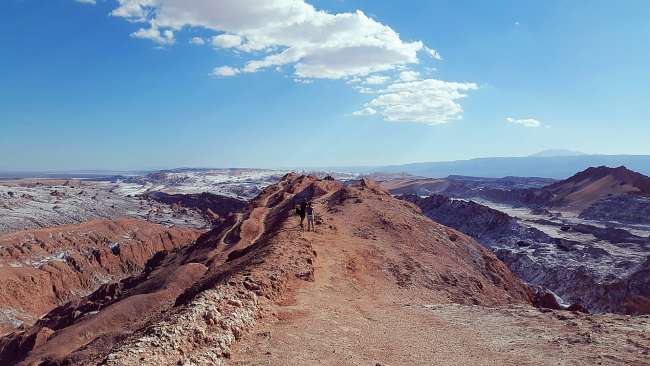
Rapporti di viaggio Chile
